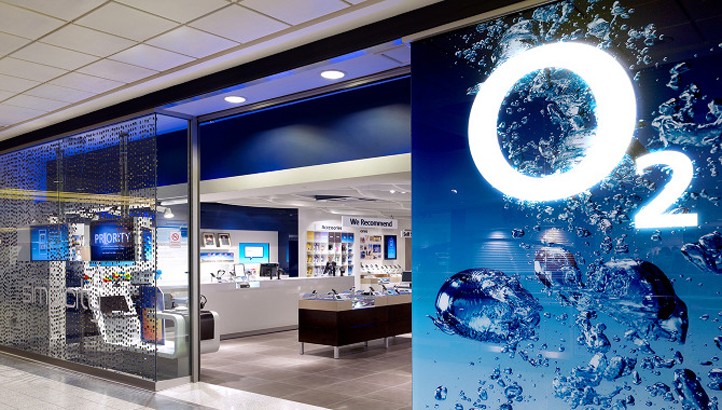Announced at CES 2016, the move sees O2 become the first company in Europe to offer the AT&T Digital Life home management and automation platform commercially. The product launch has been announced for summer this year.
The Digital Life platform uses interface control which can be accessed via a mobile app on offer to O2’s 25 million UK customers. The app allows customers to monitor and adjust heating temperatures, electricity consumption and water use when out of the house.

O2 digital director David Plumb, said: “Across a range of sectors, we’ve already seen technology evolve from analogue to digital to smart. But when it comes to our homes, the experience is mostly stuck in analogue.
"At O2 we are building an ecosystem that will deliver a complete smart home experience. By teaming up with the very best device, platform and service providers, we will be able to give people the smartest tech for their homes.”
The new smart control for energy efficiency in the platform has been developed by domestic heating firm tado°. The company’s smart AC control system senses when the house is empty and adjusts energy consumption levels as a result.
tado° founder Christian Deilmann said: “There are perfect synergies between the collaborators on this project. At tado we focus purely on climate control. We deliver products and intelligent algorithms for the highest possible comfort and efficiency at home. Together with O2 and AT&T, customers can experience a truly comprehensive smart home.”
O2’s venture into energy management looks set to rival the Nest system – which Google recently purchased $3.2bn.
Troubleshoot emissions
A recent report from Swedish communication technology company Ericsson suggest that the spread of mobile devices and uptake of smart technology could help reduce global GHG emissions by up to 15% by 2030 - more than the current footprint of the EU and the US combined
The current growth in popularity that smart homes have as a concept could pave the wave for a new generation of zero carbon/zero energy homes.
A small number of prototype buildings have cropped up in the UK over the past year and with an £11bn smart meter policy from the government at serious risk of failing – consumers may have to turn to the private sector yet again.
Smart homes and zero energy homes formed one aspects of edie’s watch list for green innovations, which covers the growing trends that are expected to grow over the next 12 months.
Ngoc Diep (Edie.net)
